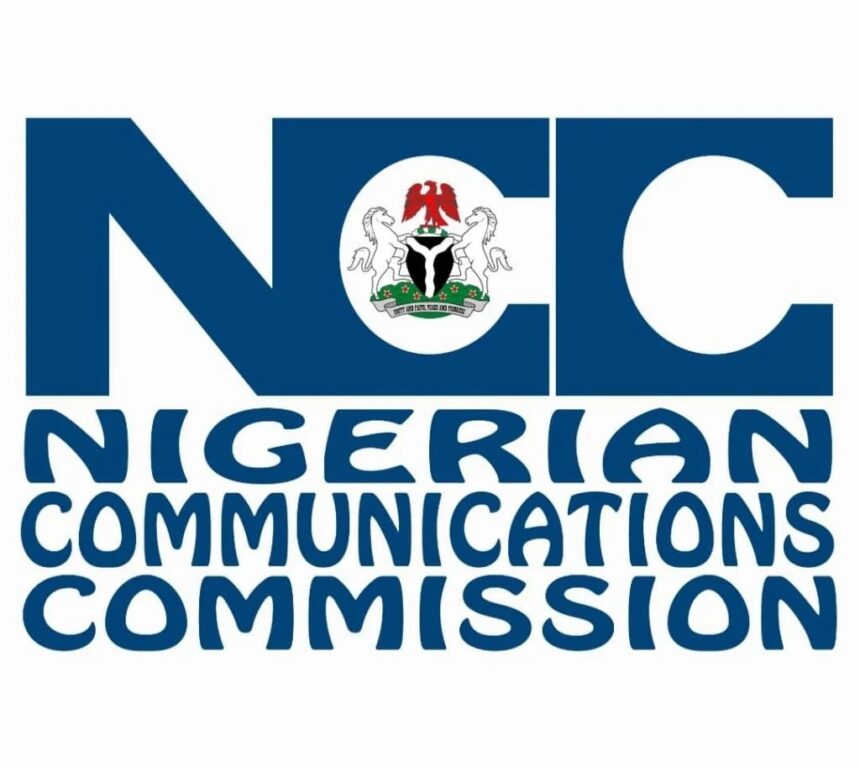As Nigerians prepare for a 50% telecom tariffs hike following the approval by the Nigerian Communications Commission (NCC), the implications are sparking debates nationwide.
The adjustment, driven by rising operational costs, is expected to affect the cost of voice calls, SMS, and data services. With many Nigerians already grappling with economic challenges, how do these new prices compare to those in other African countries?
The 50% telecom tariffs hike means the cost of a one-minute local call could increase from ₦12 to ₦18, while 1GB of data may now cost about ₦750, up from ₦500. This comes as telecom operators face growing pressures from high energy costs, foreign exchange volatility, and inflation.
For a country with over 220 million mobile subscribers and a penetration rate above 100%, the changes are expected to significantly impact both consumers and businesses. Critics argue the increase may push telecom services out of reach for many Nigerians, particularly those in rural areas and low-income households.
How Nigeria Stacks Up Against Other African Countries
South Africa
In South Africa, often considered a premium telecom market, 1GB of data costs between $2.50 and $5. Although pricey, the country offers better network quality and faster internet speeds, including widespread 5G coverage.
Kenya
Kenya’s telecom sector is celebrated for its affordability and innovation. The average cost of 1GB of data is $1.82. The sector’s competitive landscape, driven by operators like Safaricom, and government policies aimed at keeping services affordable make Kenya a benchmark for many African nations.
Côte d’Ivoire
Côte d’Ivoire maintains an average price of $1.25 per 1GB of data. While operators in the country face similar challenges as Nigeria, government efforts to expand infrastructure and maintain affordability have kept prices moderate.
Benin Republic
Despite being a smaller market, Benin Republic’s telecom tariffs remain relatively high, with 1GB of data costing around $2.10. Limited competition and high operational costs contribute to the steep pricing.
Cameroun
Cameroun’s telecom sector also has higher-than-average costs, with 1GB of data priced at $1.85. However, regulatory reforms aimed at improving broadband access are underway, though affordability remains an issue.
Uganda
Uganda offers a relatively affordable telecom market, with 1GB of data costing about $1.02. Competition among operators has kept prices low, but heavy taxes on telecom services continue to be a challenge for both consumers and operators.
Egypt
Egypt stands out as one of the most affordable markets, with 1GB of data priced at just $0.41. A combination of government subsidies and robust market competition ensures services remain accessible.
The Reality for Nigerians
The tariff hike puts Nigeria’s telecom pricing above many of its African counterparts. Before the increase, Nigeria’s average cost for 1GB of data was $1.16, relatively competitive but still higher than countries like Egypt, Ghana, and Uganda. With the increase, Nigerians could be paying among the highest telecom tariffs in the region.
This adjustment comes at a time when the digital economy is pivotal to national growth. Businesses, especially small and medium enterprises (SMEs) that rely heavily on affordable telecom services, may face higher operational costs. For ordinary Nigerians, the hike could deepen the digital divide, limiting access to essential online services such as education, healthcare, and job opportunities.
Experts React
Telecom experts have expressed mixed reactions to the tariff hike. While they acknowledge the challenges operators face, many stress the need for balance. “The industry is grappling with rising costs, but affordability must remain a priority. If telecom services become too expensive, it will stifle digital inclusion,” said Tunde Adeola, a telecom analyst.
Consumer advocates are calling for greater regulatory oversight to ensure that consumers are not overburdened. “The NCC must work with operators to explore other ways to mitigate costs without placing the full burden on consumers,” said Grace Okonkwo, a digital rights activist.
What’s Next?
As Nigeria joins other African nations in adjusting telecom prices, the focus should shift to policies that promote competition, reduce operational costs, and improve affordability. Regulatory bodies can draw lessons from countries like Kenya and Egypt, where deliberate policies have kept telecom services accessible.
For now, Nigerians will have to brace for the financial impact of higher telecom tariffs, hoping that the benefits—better service quality and expanded infrastructure—justify the cost. Whether this increase ultimately strengthens the sector or alienates consumers remains to be seen.





